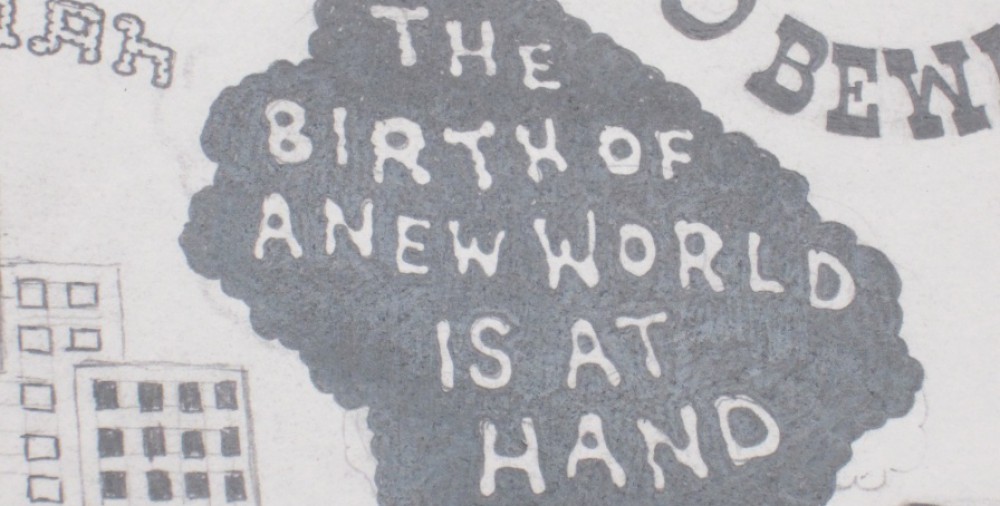This short story by E.M. Forster was very interesting to read. While reading it I couldn’t help but realize a few connections with a few films and life in today’s world. Written in 1909 this story was probably set in a futuristic world where humans have become completely dependent on machines. While reading the conversation between Vashti and Kuno I found it amusing that the older generation was siding with the technology while the younger generation was going against the Machine. I wondered that as our generation grew older maybe we could possibly be placed in that situation, where our children who grew with technology start to resent it.
After the conversation with Vashti and Kuno, Forster begins to describe the honey celled room that belonged to Vashti and how everything was there for her use. I began to compare it with the Film Wall-E, the Pixar film that was created in 2008, the way the humans counted on the machines to do everything for them was very similar, when they need food it was given to them all in the push of a button. In both pieces they forgot how to do things for themselves. For example, in page 7, when Vashti was going to visit her son she goes on the Air-ship a man drops his book, normally they would be in their rooms and the machine would simply pick up the book for them. I don’t think the man knew he could simply bend down and pick it up for himself instead he just left it there. Which dumbfounded Vashti, not because he didn’t pick it up but because it could easily happen to her and she held on to that book for protection as a catholic would hold on to a bible.
The lack of human contact helped me understand why the humans in this story were very protective of the machine. Since birth the machine was all it had, babies normally look for some type of a mother figure it’s in out nature. Could it be possible that as infants they began to view the Machine as that? A mother figure that would be able to give them the protection and comfort that they as humans looked for. The committee was in control of life, they decided how many births were allows and how many deaths were to be given, humans needed permission for everything. They would request the permission to father or mother a child but since birth the child would be taken to their own room and would be cared for by the machines and the cycle begins again. I questioned why humans would request permission if they had no physical contact with the baby throughout it’s life, they don’t take care of it. Technically with the machine the baby doesn’t need it’s parents. I returned to the idea of human nature, where a baby needs to be given comfort maybe adults have the need to give it, one way or another. We are dependent creatures, in “The Machine Stops” humans just depended on the wrong thing.



